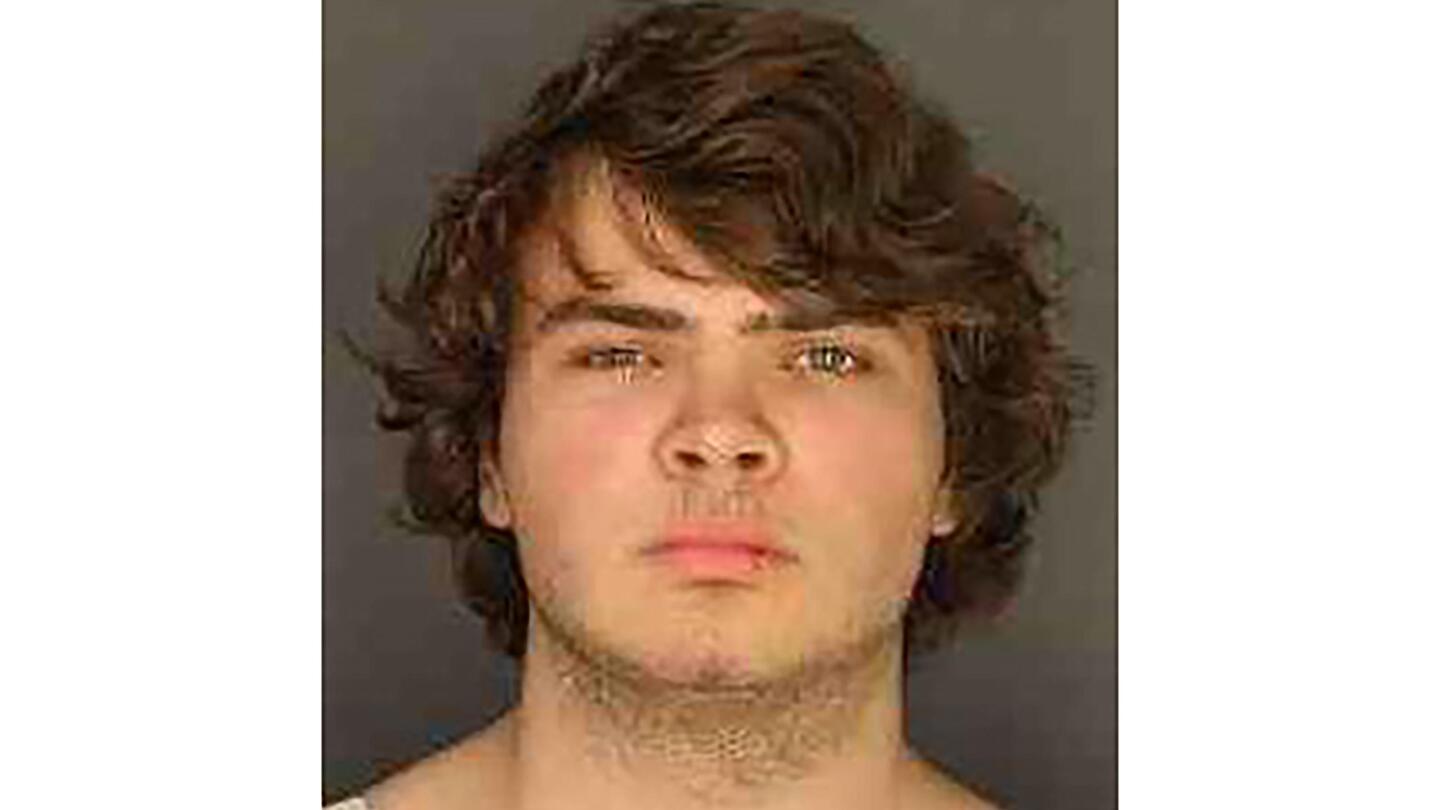News
Police Warn of Rising Radicalization Among Young Men Linked to Online Influencers

In a chilling revelation, police officials have issued warnings about the radicalization of young men and boys influenced by online personalities like Andrew Tate. Senior police officer Maggie Blyth expressed concerns that these individuals might be drawn into extreme misogyny in a way that resembles how terrorists recruit followers.
The National Police Chiefs Council (NPCC) has deemed this issue a “national emergency.” Their research highlights that approximately one in 12 women in England and Wales could face violence each year, translating to around two million affected women. The problem, they note, is escalating and becoming more complex.
Deputy Chief Constable Blyth mentioned that authorities focusing on violence against women and girls are now collaborating with counter-terrorism units to assess the risk of radicalization among young males. She stated, “We know that some of this is also linked to radicalization of young people online, we know the influencers, Andrew Tate, the element of influencing of particularly boys, is quite terrifying and that’s something that both the leads for counterterrorism in the country and ourselves from a VAWG [violence against women and girls] perspective are discussing.”
Andrew Tate, who gained notoriety after his appearance on the reality show Big Brother in 2016, has become a self-proclaimed misogynist. Currently, he is awaiting trial in Romania, facing allegations that include rape, human trafficking, and forming a criminal gang to sexually exploit women—charges he consistently denies.
Schools across the UK have reportedly been noticing an alarming trend: a growing number of students who look up to Mr. Tate. This concern is echoed in a comprehensive report released by the NPCC and College of Policing which declares that violence against women and girls has reached epidemic proportions.
The NPCC’s report estimates that one in 20 adults, equating to about 2.3 million individuals, are responsible for acts of violence against women and girls annually. Deputy Chief Constable Blyth emphasized the lack of public understanding regarding the scale and impact of these crimes, stating, “Nobody in industry and in other sectors and across the public understands just the scale and impact of these crimes.”
Key threats outlined in the report include sexual violence, domestic abuse, stalking, and child sexual abuse. Alarmingly, there has been a 37% increase in violent crimes against women and girls from 2018 to 2023, with more than one million such offenses recorded in England and Wales last year alone—accounting for 20% of all crimes logged by the police.
Authorities have highlighted domestic abuse as a growing concern, labeling it one of the most significant challenges facing law enforcement. A portion of this rise can be attributed to increased reporting and heightened awareness surrounding these crimes.
The NPCC is taking steps to address the escalating crisis by establishing a central hub. This hub will provide police forces with specialized knowledge and training to better manage these cases. The government has expressed support for this initiative, underscoring its commitment to tackling the violence against women and girls issue over the next decade.
Home Secretary Yvette Cooper has consistently placed the issue of violence against women and girls at the forefront of her agenda. The Labour Party’s manifesto has promised various measures to combat this crisis, including implementing new specialist domestic abuse workers in 999 control rooms and establishing specialist rape investigation units within every police force across England and Wales. The aim is to ensure that early prevention and protection opportunities are not overlooked.
However, these proposals would necessitate additional trained officers and resources, a task that comes at a challenging time for policing, with ongoing issues related to staff retention and overall morale being prevalent across the forces.












